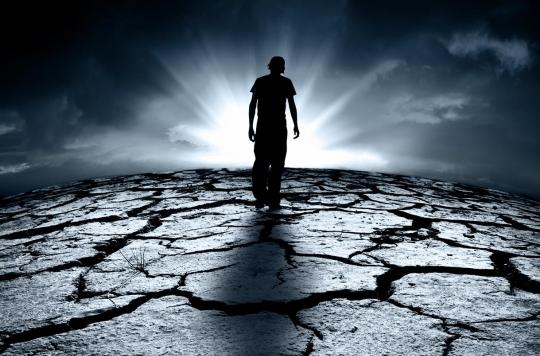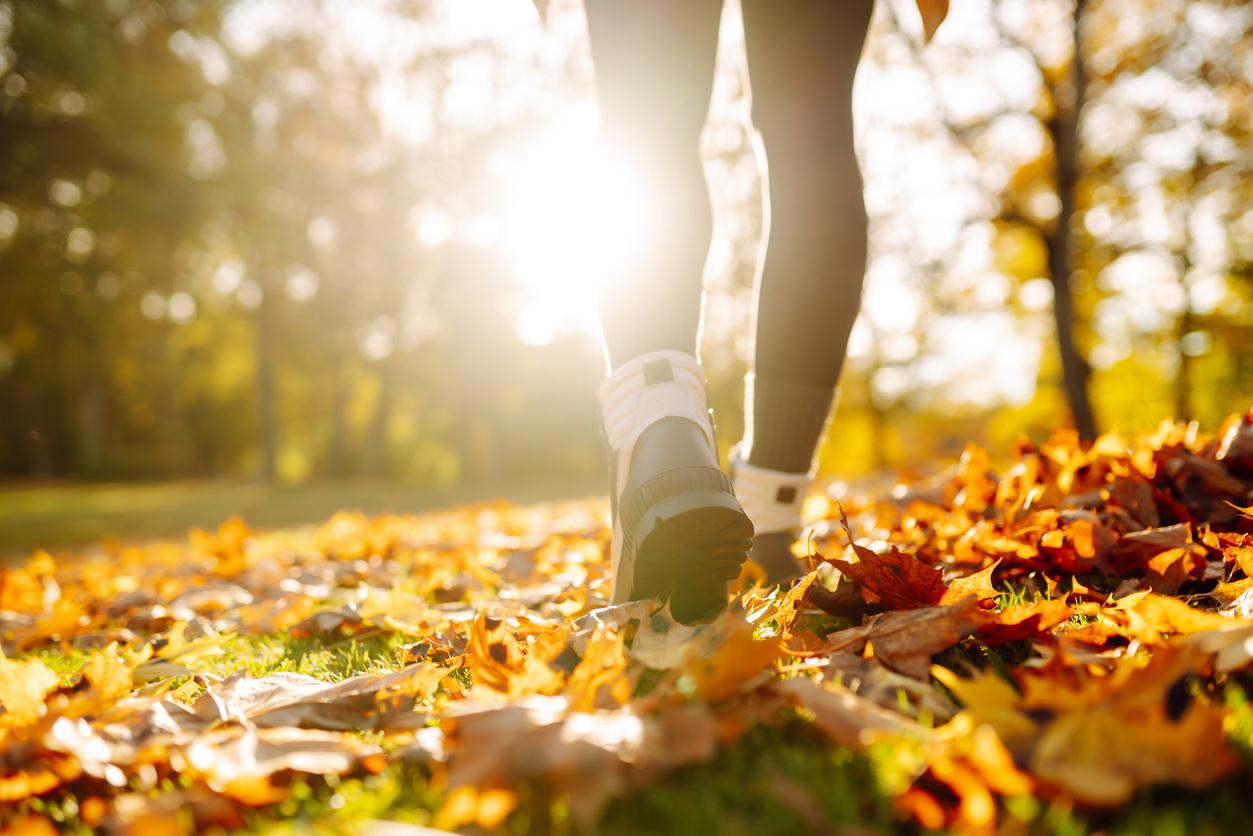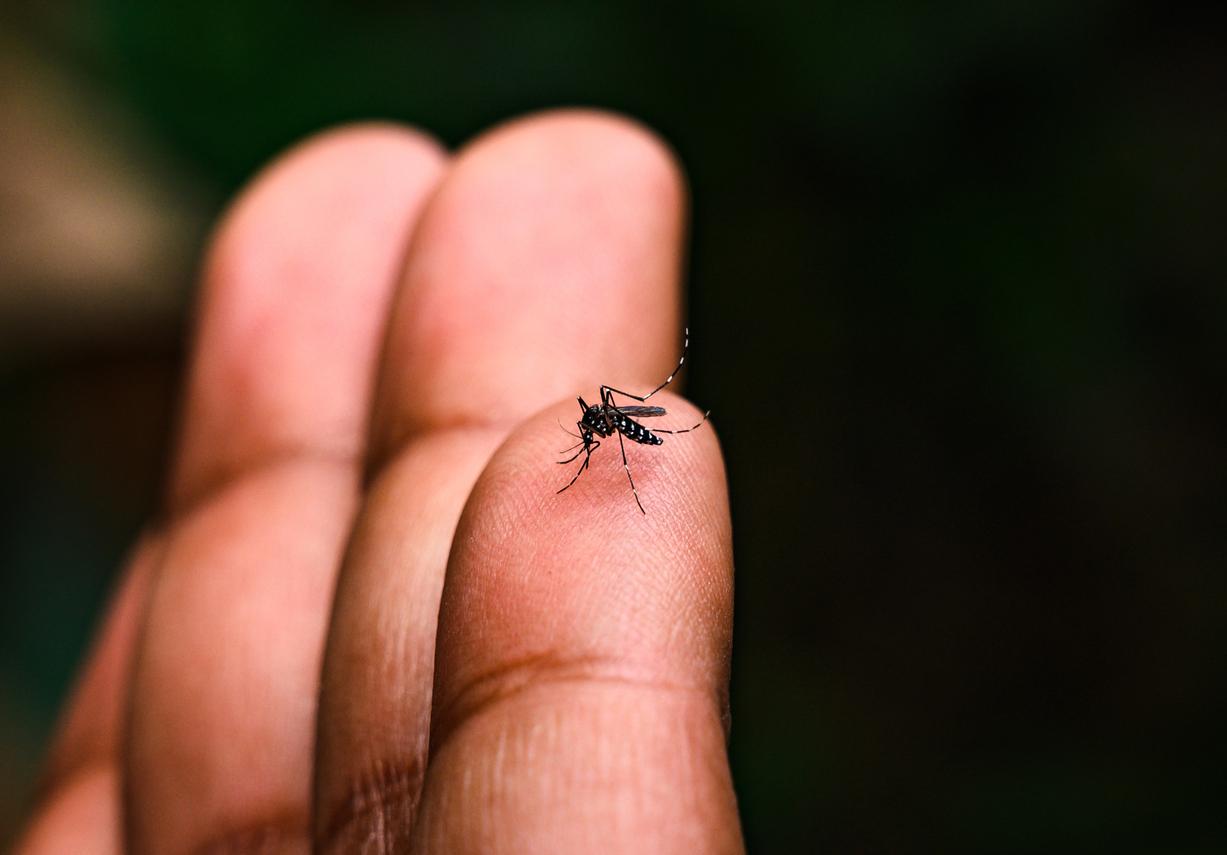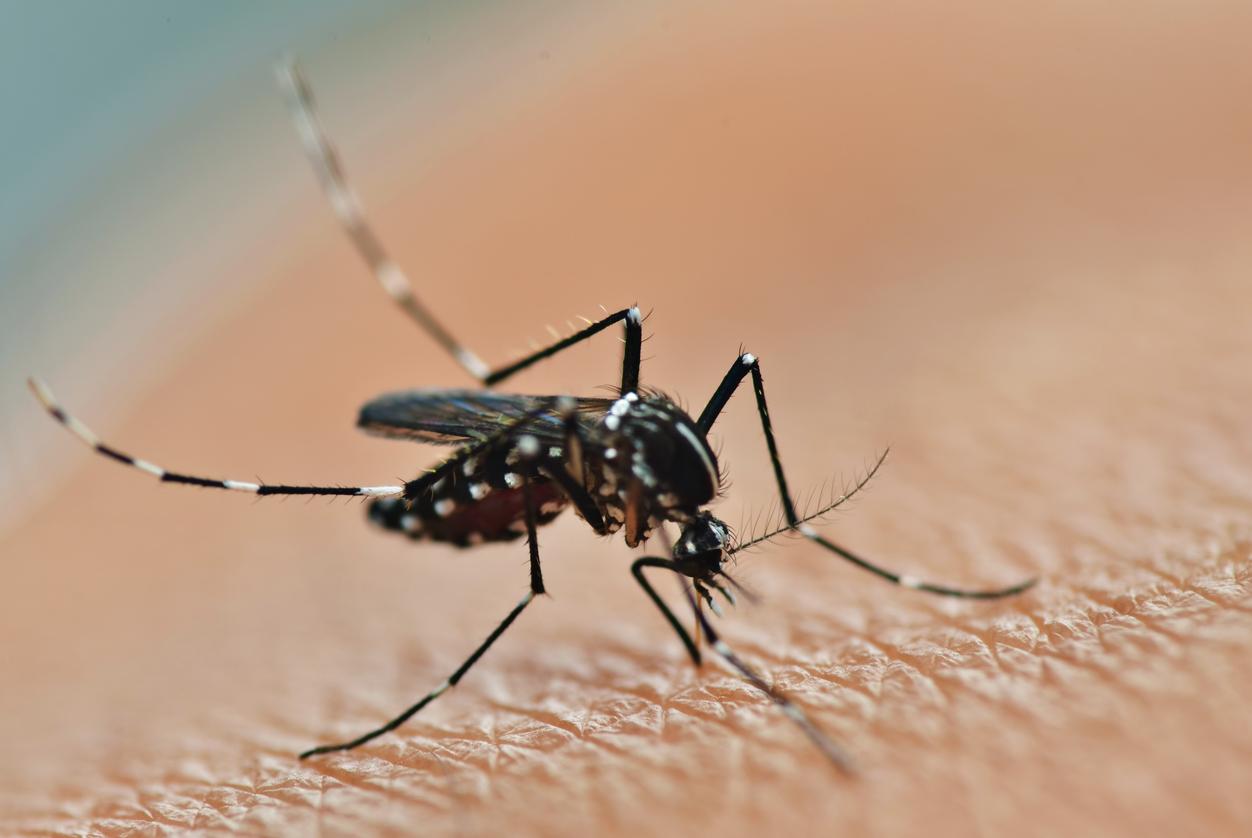More and more French people have an apocalyptic discourse in the face of global warming. Be careful not to sink into psychosis, the risk being to close in on yourself instead of implementing concrete actions to make a difference on a daily basis.

In winter, the French get depressed because they don’t have enough sun. In summer, the French get depressed because they are too hot. And, in addition to the exhaustion of which the population regularly complains during heat waves, as currentlyincreasingly alarmist data on global warming is leading many to speak as if the apocalypse is hanging in our face.
While the young Greta Thunberg declared before the National Assembly on July 13 that “we have only eight and a half years left before having exhausted our carbon credit”, more and more French people are worried about the future of the planet. According to a Ifop study carried out in 2018, 85% of those polled would indeed be “worried when thinking about the phenomenon of global warming”, 29% of those polled said they were “very worried”. But this concern, obviously legitimate, sometimes seems to turn into psychosis, as we can see in particular on social networks.
On Facebook, the group The happy Collapso, in reference to collapsology, a booming current of research on the risks of collapse of our thermo-industrial societies, gives advice for “taking a calm look at the changes at work” and has no less than 16,700 members. On Twitter, when you type #ecology, you come across a series of messages, each more alarmist than the next. “That this civilization which wants everything and its opposite (e.g. car/motorcycle rallies and ecology) is doomed to disappear, I want to believe it… But if the end of the world is so close (~ 20 years old) you have to stop having children right away!”, notes a user. “The planet sends us signals with all these heat waves, fires, cold peaks, natural disasters, animal extinctions and yet no one tries to change, we are few on the scale of the world to fight while the end of the world has already started” protests another.
A fear linked to a feeling of helplessness
“The climate arouses, in my opinion, an unprecedented fear: it is the first to take on a planetary dimension. We can certainly make an analogy with the anxiety aroused by the nuclear apocalypse, generated by the bombings of Hiroshima and Nagasaki, in August 1945. The Austrian essayist Günther Anders (1902-1992) was one of those who theorized this risk and it was clear to him that this threat was the first that weighed on all of humanity. if we look more closely, this fear has mainly affected the Western world. On the other hand, today, the fear of global warming is much more widely shared”, explains Frédéric Le Blay, scientific coordinator of the interdisciplinary research program Atlantys, Thinking about the end of the world: imaginary and experience of catastropheto World.
However, for Charline Schmerber, a psychotherapy practitioner specializing in “eco-anxiety” (a neologism that designates a form of psychic or existential distress caused by environmental changes, such as mining or climate change), the latter cannot not yet qualify as a phenomenon. “We don’t yet have the perspective necessary to talk about illness,” she explains to the Figaro. She warns, however: “But it can quite become pathological if we do not seek support”.
But whether it is a pathology or not, “this subject attracts an increasingly large audience”, comments Catherine Larrère, a philosopher specializing in environmental ethics, to the Figaro. This “turning point” in ecological awareness “was unimaginable a few years ago (…) This fear is, in my opinion, linked to a feeling of powerlessness. The first environmental awareness on a global scale emerged in the 1970s. Since then, nothing has changed,” she said.
Take action instead of closing in on yourself
The problem is not to take an interest in the future of the planet, quite the contrary, but to start being afraid of everything and closing in on oneself. While more and more young people say they do not want to have children in “such a damaged world”, the philosopher deplores the “catastrophism” of many people. “The ‘collapse theories’ are aimed at individual readers. Rather than directing them towards collective action, they push them to curl up in on themselves,” she denounces. “We must not make the mistake of treating ecology as a psychological problem. Catastrophism has never avoided catastrophe,” she warns.
Also, if the future of the planet worries you heavily, act instead of sinking into a whirlwind of anxiety-provoking thoughts. Join discussion groups, take advantage of the summer holidays to clean the beaches, create neighborhood compost or join an association to plant trees in the countries of the South in order to generate biodiversity and come to the aid of threatened forest populations. “My children are witnesses of a changing world, of alternative initiatives and experiences of new collective organizations”, welcomed in particular Virgin MarysCNRS researcher, Center for Functional and Evolutionary Ecology on France Inter few months ago.
The right reflexes to adopt on a daily basis
On a daily basis, many small gestures can also make a difference. A recent study has proven that drying your hands with an electric hand dryer is more environmentally friendly than using paper. For those who can, ANSES advises in its latest report to walkto ride a bicycle or take public transport as much as possible in order to reduce road traffic, the main cause of the increase in pollution.
In terms of housing, to reduce your environmental impact, you can lower the heating temperature a little and put on a sweater, regulate your daily water consumption, switch to low-energy light bulbs or even thermostats to regulate the temperature per room. . It can also be very profitable, both economically and ecologically, to have your home renovated in order to reinforce the insulation, whether it involves replacing windows, insulating the attic installing an insert instead of a fireplace.
Finally, you can also change your food intake by reducing the share of meat and dairy products. Because in France, about 22% of our CO2 emissions come from our food. In detail, dairy products represent 28% of the greenhouse gas emissions from our food and meat 30%.















